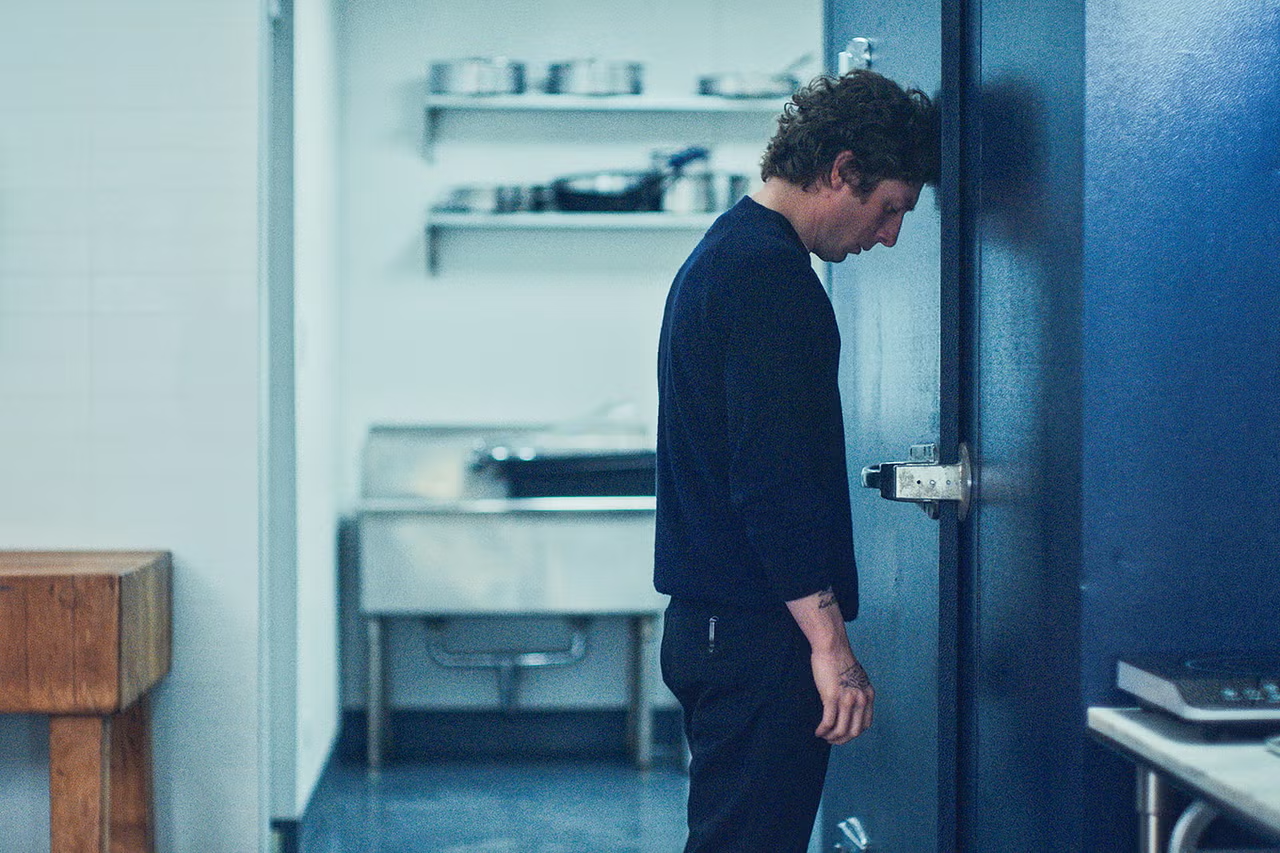
The Bear's Kitchen Is Your Product Team: Hard Truths About Delivering What Matters
There's a prevailing narrative that Agile frameworks and collaborative, consensus-driven team dynamics are the secret to effective product delivery. This narrative is as misguided as believing Instagram killed Snapchat when in reality Snap fumbled its own redesign and Instagram simply executed better.
Let's cut through the noise. FX's "The Bear" – a show about a talented chef running a chaotic sandwich shop – offers more actionable insights about building high-performance delivery teams than any certification program you've sat through.
Standards Over Comfort
In The Bear, Carmy builds excellence through ruthless standards and systems that enable his team to meet them – even when they resist.
Your team doesn't need another psychological safety workshop. It needs:
- Crystal clear definitions of what good looks like
- Systems that make excellence repeatable
- Leaders willing to have uncomfortable conversations
Real team satisfaction comes from shipping exceptional work, not avoiding difficult feedback.
"Hands!" — Kill Ambiguous Ownership
When dishes are ready in The Bear's kitchen, chefs don't suggest someone might want to consider moving it forward. They yell "Hands!" – demanding action now.
Most teams suffer from chronic accountability avoidance:
- "The PR has been open for a week..."
- "I think design is working on those specs..."
- "We're waiting for product to clarify..."
This isn't respectful – it's wasteful. In high-performing teams, ownership isn't optional – it's how things actually get done.
Mise en Place: Prep Before Execution
Chefs don't start service without proper prep. Your team shouldn't start sprints without it either.
Teams waste 30-40% of capacity dealing with prep work that should have happened before execution:
- Requirements should be vetted before implementation
- Dependencies should be identified before coding
- Testing infrastructure should be ready before features are built
"Yes, Chef" — Execution Mode vs. Discovery Mode
The "Yes, Chef" response isn't blind obedience. It's:
- Acknowledging receipt
- Committing to action
- Preserving flow
Your standup isn't a debate club. Execution requires a fundamentally different mode than discovery. Relitigating decisions during delivery is organizational malpractice.
The Carmy-Sydney Dynamic: Productive Tension
The relationship between Carmy and Sydney shows how creative tension drives results:
- Focused on the same outcome
- Bringing complementary expertise
- Challenging assumptions without undermining progress
Most organizations either force watered-down consensus or create silos that throw requirements over walls. Neither works.
When to "86" What Doesn't Work
The Bear shows how necessary it is to eliminate menu items that don't work, regardless of who championed them.
Your team must ruthlessly cut:
- Features that data shows aren't delivering value
- Processes creating friction without benefits
- Technical approaches that aren't scaling
Most teams spend 30% of capacity maintaining things that should have been "86'd" long ago.
The Pressure Test: Crisis Reveals Culture
The Bear's "review episode" shows how teams respond under pressure:
- Do people blame each other when deadlines are at risk?
- Does communication improve or deteriorate when problems arise?
- Do leaders help or assign blame?
Your team's response to crisis reveals what it truly values.
The Uncomfortable Truth
Your team is capable of extraordinary things when given clear direction, high standards, and the right systems.
Most delivery teams operate at half their potentialbecause leaders avoid uncomfortable conversations about standards and accountability. They confuse niceness with effectiveness and get neither.
The path to exceptional delivery requires confronting comfortable mediocrity and committing to standards that will initially meet resistance.
The alternative? Inconsistent delivery, unpredictable quality, and the nagging sense you're capable of much more.
Yes, Chef?